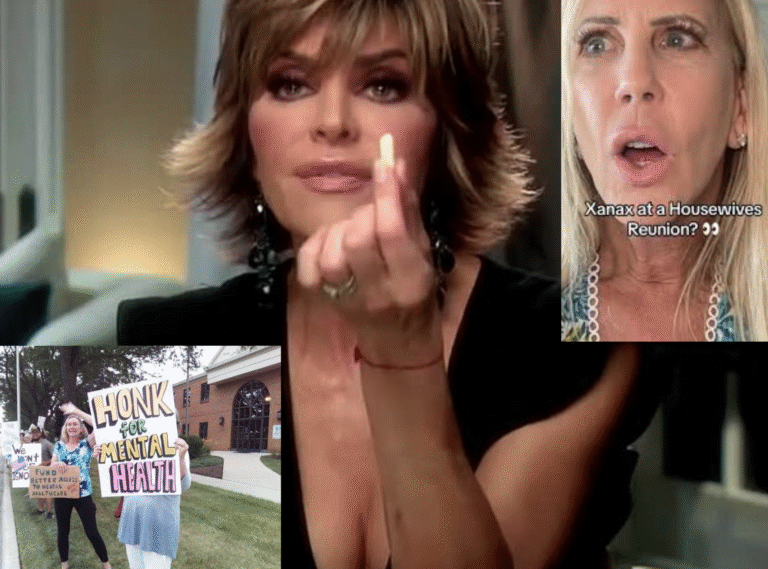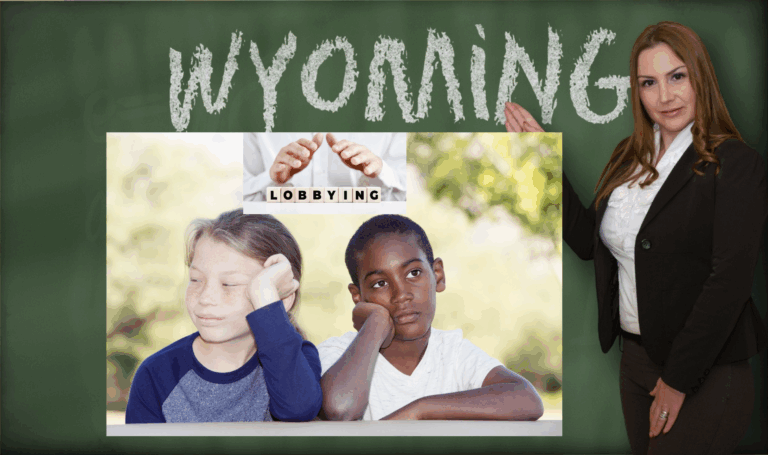May 29, 2025
Recently Pardoned Former Governor John Rowland’s political downfall is often reduced to scandalous headlines about gifts and corruption, but the truth behind his resignation reveals a far more complex and troubling story—one that involves a fierce battle with Big Pharma, a controversial psychiatric drug ban for vulnerable children, and a corruption scandal that may not be as disconnected as it seems.
In the early 2000s, Governor Rowland took a rare and bold stand against the wrongful medication of children in state care by banning three powerful antipsychotic drugs from Connecticut’s drug formulary: Risperdal (risperidone), Zyprexa (olanzapine), and Seroquel (quetiapine). These medications were widely prescribed despite mounting evidence of severe side effects, including increased risks of suicide, diabetes, and violent behavior. The ban thrust Connecticut into the national spotlight when The New York Times ran a front-page article in 2004 exposing the widespread use—and potential dangers—of these psychiatric drugs in children under state supervision, sparking a nationwide conversation about the ethics and safety of medicating vulnerable youth.
That same year, National Public Radio (NPR) also covered Connecticut’s groundbreaking actions, highlighting the state’s efforts to protect children from inappropriate psychiatric drug use and the challenges faced in regulating these medications. The NPR coverage emphasized the growing concern over the off-label use of antipsychotics in children, the lack of adequate oversight, and the pushback from pharmaceutical companies.
Connecticut’s legislative and regulatory bodies responded with a six-month review of psychotropic medication use in children in state care, resulting in public acts aimed at establishing oversight mechanisms and protecting children from inappropriate drug use. This review was part of a broader effort to address systemic issues such as lack of informed consent and insufficient court approvals.
Across the country, states like New York, Florida, New Jersey, and Arkansas also made national news for confronting the rampant and often off-label use of antipsychotic medications in children in foster care. Investigations and lawsuits against pharmaceutical companies such as Johnson & Johnson and Eli Lilly highlighted illegal marketing practices promoting these drugs for unapproved uses in children. Connecticut emerged as one of the front lines in this battle, with state legislators and child welfare agencies scrutinizing psychotropic drug use and seeking greater oversight and protections for children in care.
Rowland’s ban challenged powerful pharmaceutical interests. According to advocacy groups like AbleChild, representatives from Canadian pharmaceutical companies met with the governor behind closed doors, pressing him to reverse the decision. Within six months, the banned drugs were reinstated on the state formulary, raising urgent questions about the influence of Big Pharma on public health policy and the safety of children in care.
Shortly after the reversal, Rowland’s political career unraveled amid a federal corruption investigation focused on gifts he accepted—including a $3,600 hot tub installed at his lakeside cottage, cigars, champagne, and lavish vacations from friends and state contractors. While the official charges centered on these illicit gifts, the timing of the scandal and the rapid reinstatement of the psychiatric drugs invite a deeper, uncomfortable question: Were these events truly unrelated? Or was the corruption scandal a convenient smokescreen obscuring the high stakes battle over the health of Connecticut’s most vulnerable children?
Rowland initially denied accepting these gifts but later admitted guilt, leading to his resignation and a prison sentence. Yet, the story does not end there. Advocacy organizations like AbleChild have continued to expose systemic failures in the wrongful medication of children in state care—failures marked by lack of informed consent, absence of court oversight, and dangerous dosages. Their work underscores a broader crisis that Rowland’s ban briefly spotlighted before powerful forces pushed back.
This is not just a tale of political corruption; it is a stark reminder of how public health policy can be compromised by corporate power and political vulnerability. Governor Rowland’s real history challenges us to look beyond the surface, question who truly controls the fate of children in state care, and demand accountability from those entrusted to protect them.
As new light is shed on these intertwined events, the truth about Governor Rowland’s legacy—and the forces that shaped it—finally comes into focus.
Key Articles and Coverage on Connecticut’s Ban of Psychiatric Drugs in Children in State Care found below:
The New York Times, “Connecticut Bars Use of Psychiatric Drugs in Children” (2004) — Front-page coverage highlighting the state’s ban on Risperdal, Zyprexa, and Seroquel for children in state care, exposing widespread concerns about safety and overuse.
National Public Radio (NPR), “States Crack Down on Psychiatric Drug Use in Foster Children” (2004) — Reported on Connecticut’s pioneering efforts and challenges in regulating antipsychotic drug use in vulnerable youth populations.
Connecticut General Assembly, 2004 Legislative Review — Six-month review and subsequent public acts aimed at regulating psychotropic medication use among children in state custody.
First Focus Report, “Psychotropic Medication Use in Children on Medicaid” (2008) — Documented Connecticut’s legal and policy reforms amid national scrutiny of antipsychotic drug use in children.
CT Mirror and other state news outlets (2004–2015) — Ongoing coverage of Connecticut’s efforts to improve oversight and care for children receiving psychiatric medications.
AbleChild is a 501(3) C nonprofit organization and has recently co-written landmark legislation in Tennessee, setting a national precedent for transparency and accountability in the intersection of mental health, pharmaceutical practices, and public safety.
What you can do. Sign the Petition calling for federal hearings!
Donate! Every dollar you give is a powerful statement, a resounding declaration that the struggles of these families will no longer be ignored. Your generosity today will echo through generations, ensuring that the rights and well-being of children are fiercely guarded. Don’t let another family navigate this journey alone. Donate now and join us in creating a world where every child’s mind is nurtured, respected, and given the opportunity to thrive. As a 501(c)3 organization, your donation to AbleChild is not only an investment in the well-being of vulnerable children but also a tax-deductible contribution to a cause that transcends individual lives.







